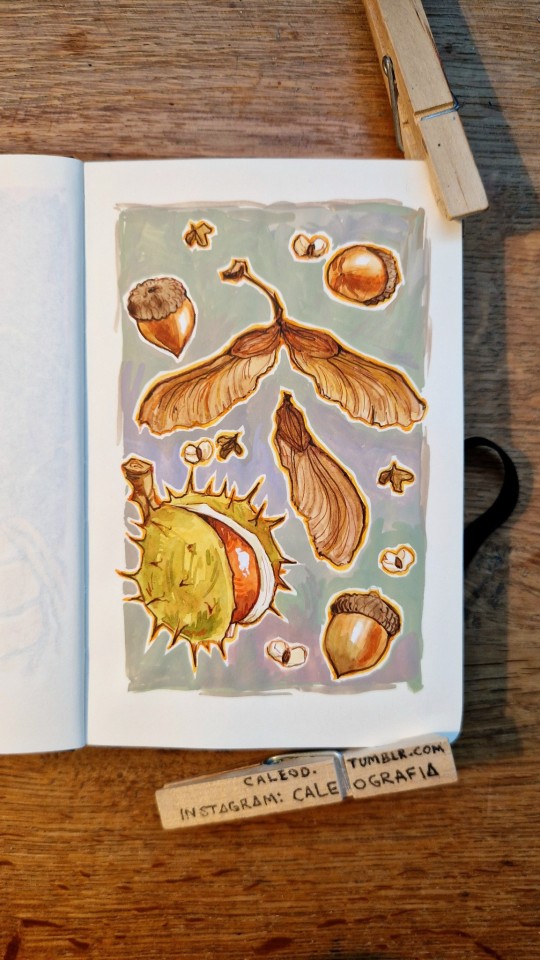#seeds
Text

Easy Lemon Poppy Seed Cake Recipe
#easy#lemon#poppy seed#cake#recipe#food#sheet cake#seeds#dessert#citrus#zest#fruit#american#summer#spring#sour cream#glaze#brownedbutterblondie
193 notes
·
View notes
Text
"In response to last year’s record-breaking heat due to El Niño and impacts from climate change, Indigenous Zenù farmers in Colombia are trying to revive the cultivation of traditional climate-resilient seeds and agroecology systems.
One traditional farming system combines farming with fishing: locals fish during the rainy season when water levels are high, and farm during the dry season on the fertile soils left by the receding water.
Locals and ecologists say conflicts over land with surrounding plantation owners, cattle ranchers and mines are also worsening the impacts of the climate crisis.
To protect their land, the Zenù reserve, which is today surrounded by monoculture plantations, was in 2005 declared the first Colombian territory free from GMOs.
...
In the Zenù reserve, issues with the weather, climate or soil are spread by word of mouth between farmers, or on La Positiva 103.0, a community agroecology radio station. And what’s been on every farmer’s mind is last year’s record-breaking heat and droughts. Both of these were charged by the twin impacts of climate change and a newly developing El Niño, a naturally occurring warmer period that last occurred here in 2016, say climate scientists.
Experts from Colombia’s Institute of Hydrology, Meteorology and Environmental Studies say the impacts of El Niño will be felt in Colombia until April 2024, adding to farmers’ concerns. Other scientists forecast June to August may be even hotter than 2023, and the next five years could be the hottest on record. On Jan. 24, President Gustavo Petro said he will declare wildfires a natural disaster, following an increase in forest fires that scientists attribute to the effects of El Niño.
In the face of these changes, Zenù farmers are trying to revive traditional agricultural practices like ancestral seed conservation and a unique agroecology system.
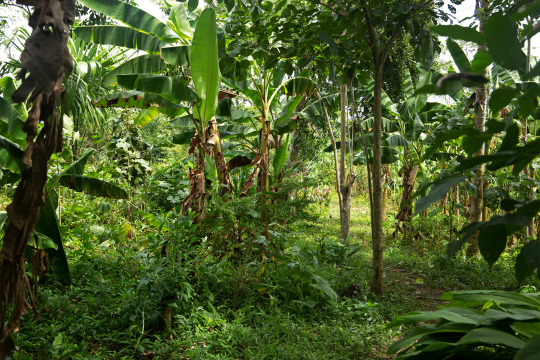
Pictured: Remberto Gil’s house is surrounded by an agroforestry system where turkeys and other animals graze under fruit trees such as maracuyá (Passiflora edulis), papaya (Carica papaya) and banana (Musa acuminata colla). Medicinal herbs like toronjil (Melissa officinalis) and tres bolas (Leonotis nepetifolia), and bushes like ají (Capsicum baccatum), yam and frijol diablito (beans) are part of the undergrowth. Image by Monica Pelliccia for Mongabay.
“Climate change is scary due to the possibility of food scarcity,” says Rodrigo Hernandez, a local authority with the Santa Isabel community. “Our ancestral seeds offer a solution as more resistant to climate change.”
Based on their experience, farmers say their ancestral seed varieties are more resistant to high temperatures compared to the imported varieties and cultivars they currently use. These ancestral varieties have adapted to the region’s ecosystem and require less water, they tell Mongabay. According to a report by local organization Grupo Semillas and development foundation SWISSAID, indigenous corn varieties like blaquito are more resistant to the heat, cariaco tolerates drought easily, and negrito is very resistant to high temperatures.
The Zenù diet still incorporates the traditional diversity of seeds, plant varieties and animals they consume, though they too are threatened by climate change: from fish recipes made from bocachico (Prochilodus magdalenae), and reptiles like the babilla or spectacled caiman (Caiman crocodilus), to different corn varieties to prepare arepas (cornmeal cakes), liquor, cheeses and soups.
“The most important challenge we have now is to save ancient species and involve new generations in ancestral practice,” says Sonia Rocha Marquez, a professor of social sciences at Sinù University in the city of Montería.
...[Despite] land scarcity, Negrete says communities are developing important projects to protect their traditional food systems. Farmers and seed custodians, like Gil, are working with the Association of Organic Agriculture and Livestock Producers (ASPROAL) and their Communitarian Seed House (Casa Comunitaria de Semillas Criollas y Nativas)...
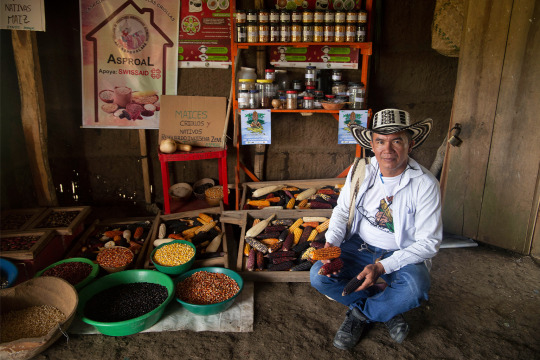
Pictured: Remberto Gil is a seed guardian and farmer who works at the Communitarian Seed House, where the ASPROL association stores 32 seeds of rare or almost extinct species. Image by Monica Pelliccia for Mongabay.
Located near Gil’s house, the seed bank hosts a rainbow of 12 corn varieties, from glistening black to blue to light pink to purple and even white. There are also jars of seeds for local varieties of beans, eggplants, pumpkins and aromatic herbs, some stored in refrigerators. All are ancient varieties shared between local families.
Outside the seed bank is a terrace where chickens and turkeys graze under an agroforestry system for farmers to emulate: local varieties of passion fruit, papaya and banana trees grow above bushes of ají peppers and beans. Traditional medicinal herbs like toronjil or lemon balm (Melissa officinalis) form part of the undergrowth.
Today, 25 families are involved in sharing, storing and commercializing the seeds of 32 rare or almost-extinct varieties.
“When I was a kid, my father brought me to the farm to participate in recovering the land,” says Nilvadys Arrieta, 56, a farmer member of ASPROAL. “Now, I still act with the same collective thinking that moves what we are doing.”
“Working together helps us to save, share more seeds, and sell at fair price [while] avoiding intermediaries and increasing families’ incomes,” Gil says. “Last year, we sold 8 million seeds to organic restaurants in Bogotà and Medellín.”
So far, the 80% of the farmers families living in the Zenù reserve participate in both the agroecology and seed revival projects, he adds."
-via Mongabay, February 6, 2024
#indigenous#ecology#agroforestry#agriculture#traditional food systems#traditional medicine#sustainable agriculture#zenu#indigenous peoples#farming#colombia#indigenous land#traditional knowledge#seeds#corn#sustainability#botany#plant biology#good news#hope#climate action#climate change#climate resilience#agroecology#food sovereignty
1K notes
·
View notes
Text
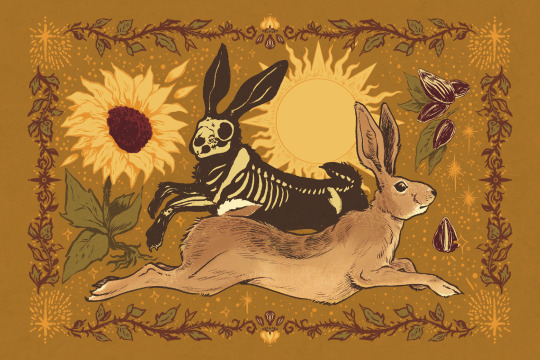
Midsummer
This month for Patreon and Ko-fi Sticker Club members I will be sending this out as a 4" x 6" mini print. You can sign up to either $5+ tiers on Patreon or Ko-fi.
#art#illustration#artists on tumblr#my art#skull#rabbit#rabbits#sunflower#seeds#sun#midsummer#summer
2K notes
·
View notes
Text
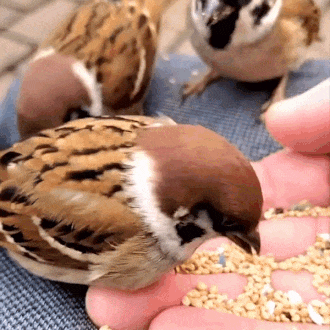

feeding tree sparrows 🪶 | source
599 notes
·
View notes
Video
Take up guerrilla gardening to beautify your city and provide food for bees and other insects!
#guerrilla gardening#guerrilla#gardening#environmentalism#bees#bees are our friends#activism#direct action#nature#insects#flowers#skateboard#skater#video#spring#seeds#seed bombs
1K notes
·
View notes
Text
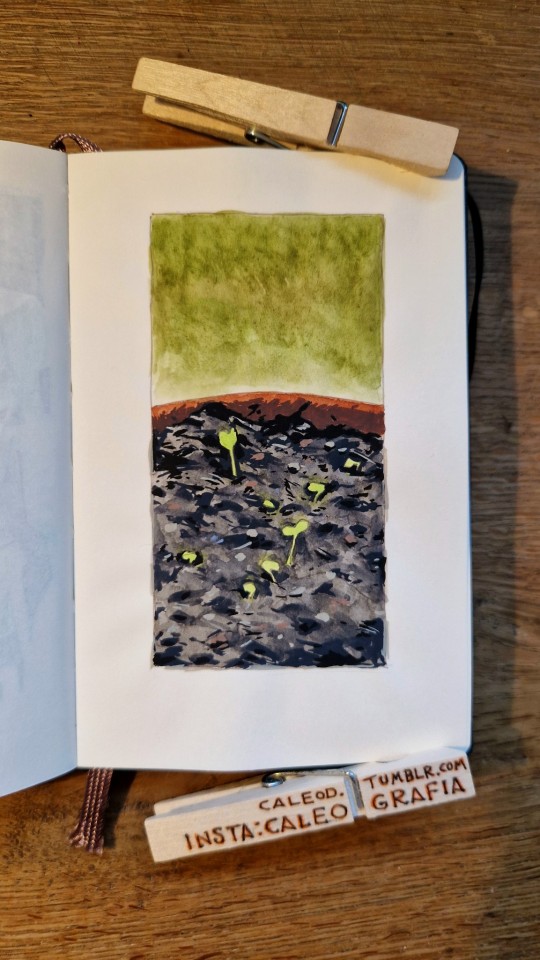
2-3-24
#moleskine#sketchbook#sketch#daily#dailyart#dailydrawing#dailypainting#dailysketch#sketchaday#artoftheday#art#artbook#artists on tumblr#watercolor#gouache#painting#seeds#sprouts#seedlings#pot#plant
287 notes
·
View notes
Text
An Ambitious Series of Portraits by Uli Westphal Captures the Character of Every Edible Plant Seed (10 images)
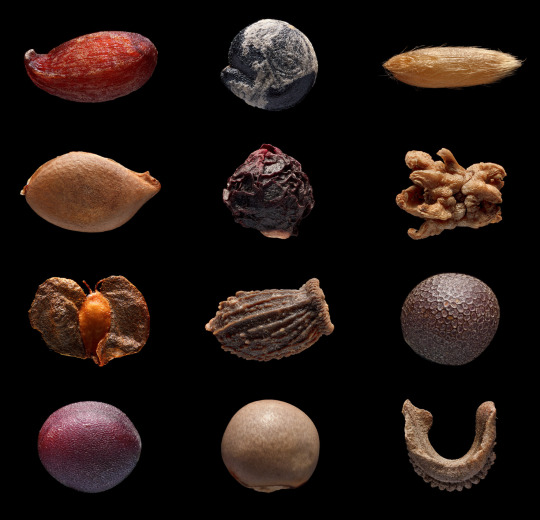
497 notes
·
View notes
Text
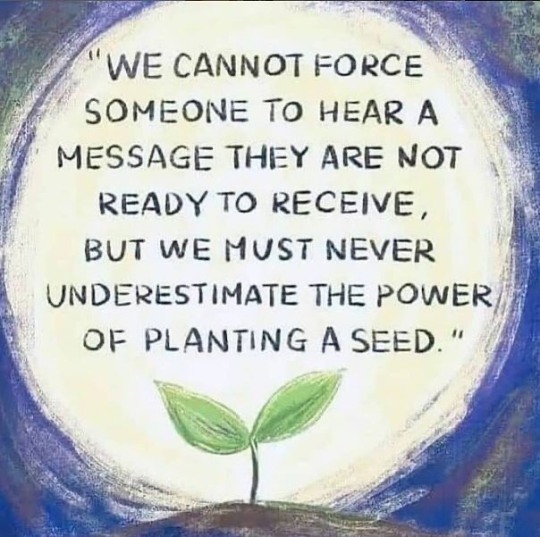
#planting#seeds#holistic healing#healing journey#self healing#self love#self care#self empowerment#healing#inner peace#self compassion#compassion#love#self growth#cosmic energy#cosmic consciousness#good vibrations#healing vibrations#good vibes#helping others
452 notes
·
View notes
Photo
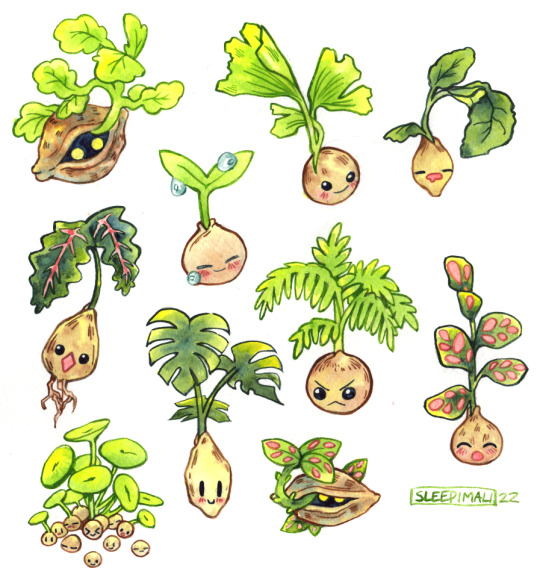
Seed babies :3
2K notes
·
View notes
Photo


Seeds (1968) // dir. Andy Milligan
820 notes
·
View notes
Photo
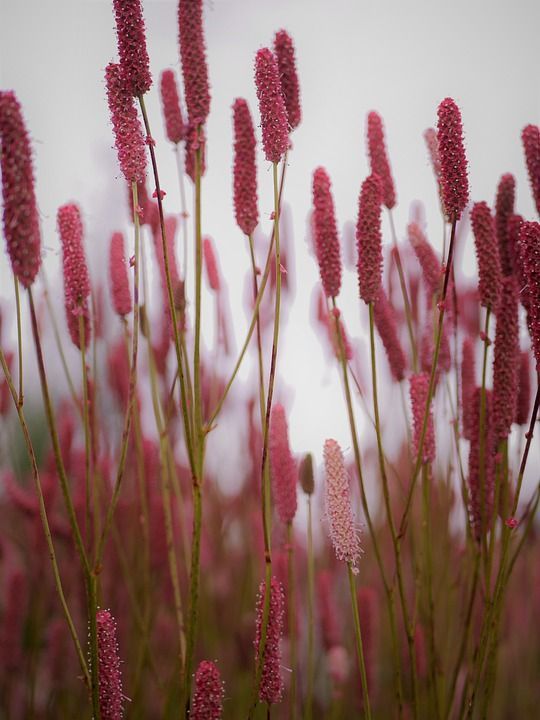
~ Marsala ~
413 notes
·
View notes
Text
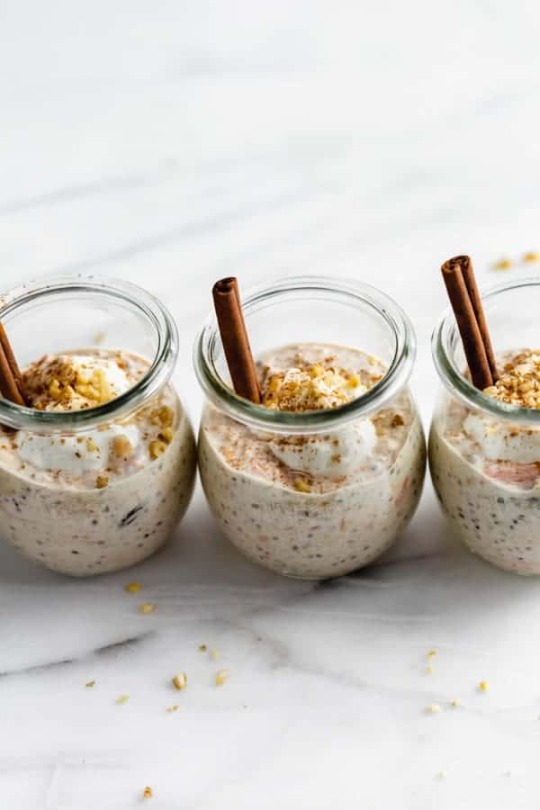
Carrot Cake Overnight Oats
#carrot cake#overnight oats#oatmeal#overnight#oats#food#breakfast#healthy#sanck#carrot#dessert#no bake#chia#seeds#recipe#easter#cinnamon#autumn#spice#spring#yogurt#nutmeg#kids#maple#walnut#refined sugar free#nuts#easy#choosingchia
164 notes
·
View notes
Text
Siemenneste tai jotai emt

#siemenneste#seeds#siemen#neste#huoltoasema#vittu#suomitumppu#suomiperkele#suomimeme#vittu mitä paskaa#tai jotai
150 notes
·
View notes
Text

In Honor of The Eaten
Oh the guards were guarding grumbly,
And the birds were flocking hungrily,
And it seems: that the flames will fail to be,
Sounds: like the car won't ram you see,
Looks: like the end of the Goat will be,
Food. For. Birds.
It seems: that security can't prevent.
Looks: that the fence's of no event.
Seems: Gävle Goat will be food for birbs!
#to the tune of 'blustery day'#gavle goat#Gävle#fire#ice#snow#birds#birbs#jackdaws#hungry#seeds#straw
395 notes
·
View notes

